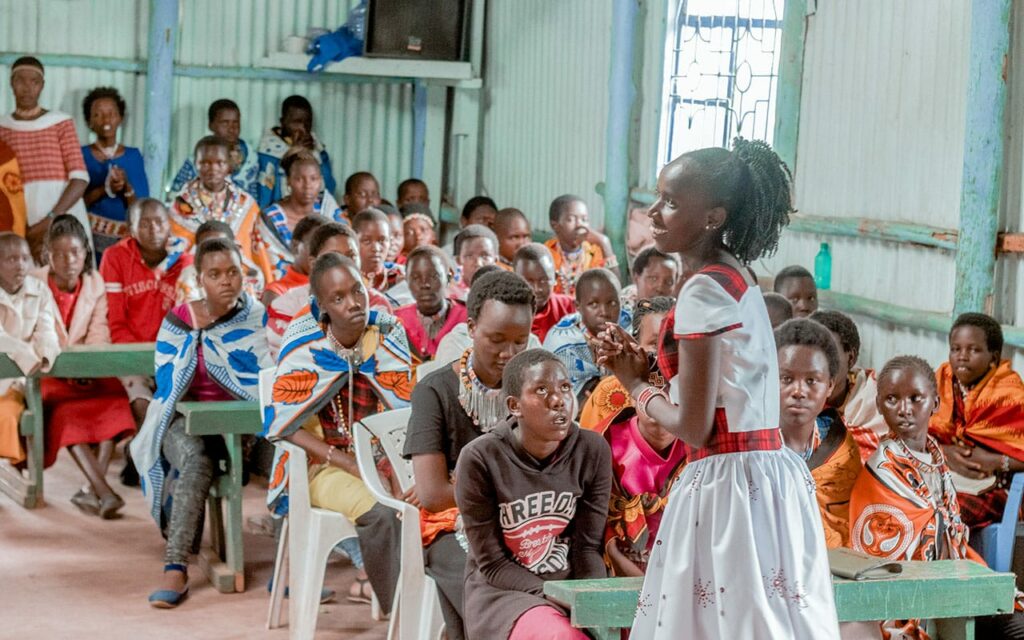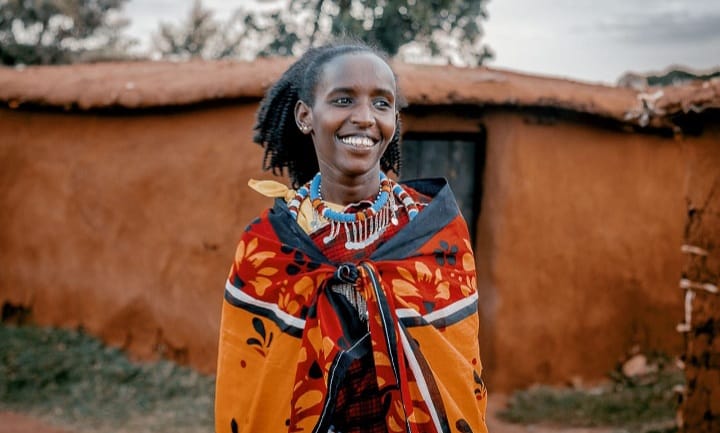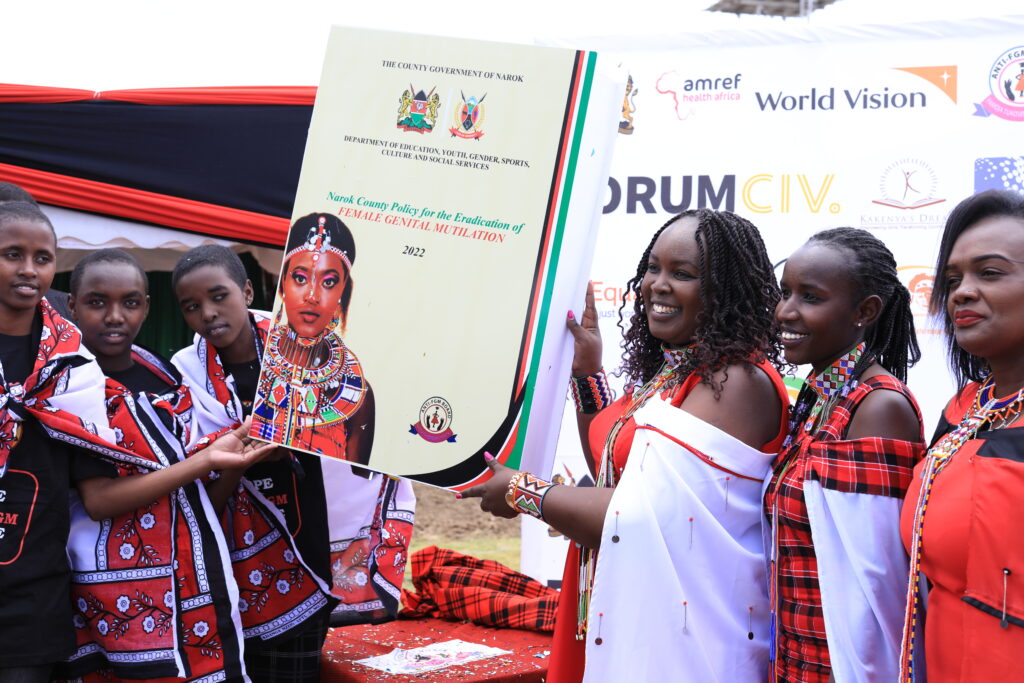YOUR PRIVACY
To enhance your experience with our site, many of our web pages use “cookies” and shopper ID’s. Cookies are text files we place in your computer’s web browser to store your preferences. To find out more, read our updated privacy policy.
“I survived FGM, but I do not want to be defined by the experience. I rose up to fight for other girls to be safe.”
– Sereti Nabaala
Founder, Matasaru Ntoyie Pastoralist Foundation
Sereti Nabaala
Sereti Nabaala, 24, is a young human rights advocate fighting for women and girls in Narok County in Southwestern Kenya. Sereti was born and raised near the popular Maasai Mara National Reserve. She is the 10th of 20 siblings. Where Sereti is from, a girl finishing any level of schooling is exceedingly rare; even more so in a family as large as hers. But Sereti defied the odds, graduating from the University of Nairobi in 2021 with a bachelor’s degree in political science and sociology. Sereti is a survivor of female genital mutilation (FGM) and shares that the experience inspired her to start her own community-based organization, Matasaru Ntoyie Pastoralist Foundation. “I survived FGM, but I do not want to be defined by the experience. I rose up to fight for other girls to be safe.”
Founded in 2018 during her third year of university, Matsaru Ntoyie Pastoralist Foundation supports young girls from vulnerable families and those rescued from FGM and child marriage to complete their education. “I started the organization to restore hope among girls who have survived FGM that there is still a lot to look forward to in life.” The organization also supplies girls with free menstrual hygiene supplies, as many girls in our region are often forced to skip school for a week or more at a time each month because they cannot afford period products. This challenge, combined with FGM and child marriage, creates enormous barriers for girls to finish their education. Since its inception, Sereti’s organization has given a lifeline to over 100 girls.
Sereti shares that her own experience undergoing FGM also led to low self-esteem. She explains, “FGM cuts off the dreams of our young girls leading to the underdevelopment of our society.” She says it was her growing passion for empowering other girls that lifted her spirits and rekindled her lost hope.
Nine of Sereti’s sisters have also undergone FGM, but she was able to protect two of her younger sisters who are in primary school from the practice. “I am glad that my parents reasoned with me and saw the need to abandon FGM and fight against the tradition.” Thankfully, several of Sereti’s sisters who underwent FGM are thriving today – two have careers in the medical field while another is a high school teacher.
Sereti reveals that a key secret to her success in fighting gender-based violence is making proponents of FGM stop and reflect on why they really support the practice. “In my advocacy, I usually ask a simple question, ‘what are the benefits of FGM and what do we lose when we abandon it?’ I have yet to find a convincing response, because there is none.”



